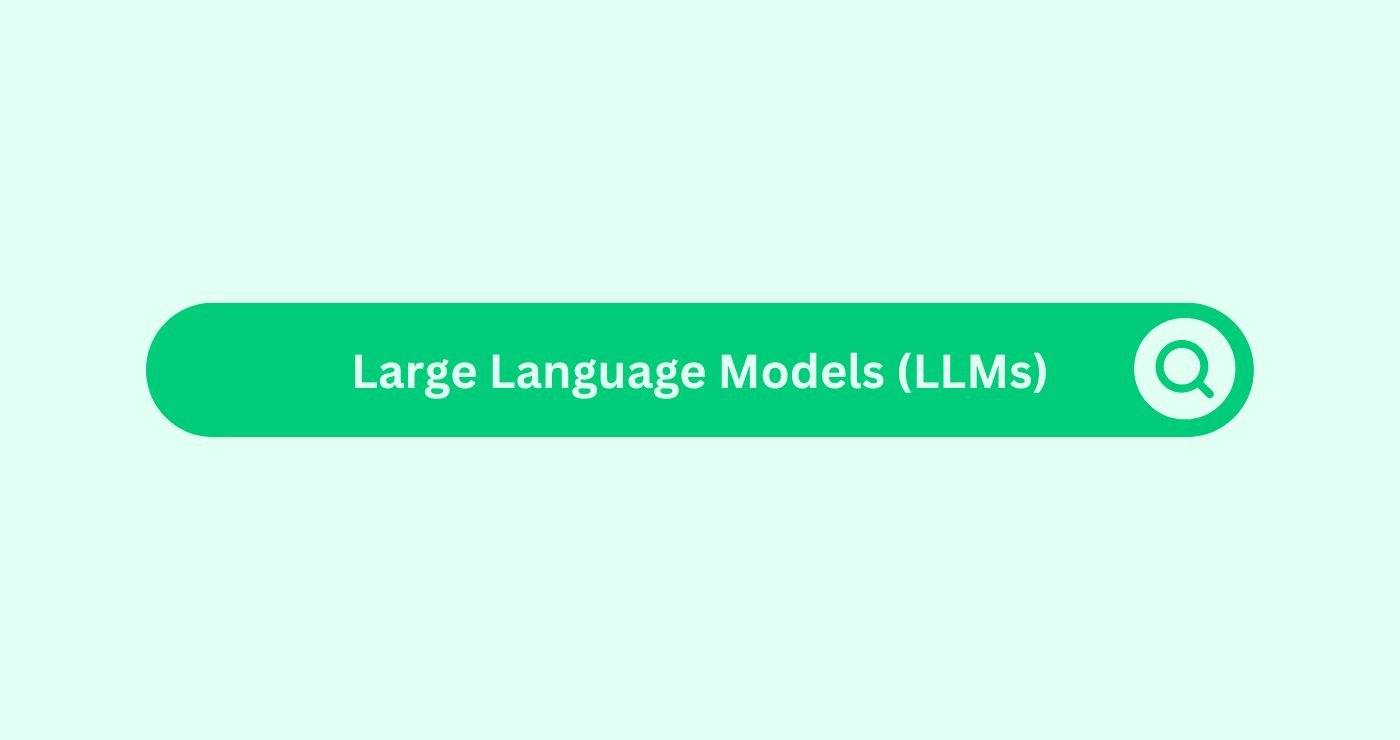Definition
Large Language Model is a game changer. These AI systems chew through mountains of data, then spit out language that sounds just about as natural as a conversation in a busy office. In content marketingDefinition Content marketing strategically creates and share..., they’re basically the engine under the hood—powering automatic content creation, digging through NLP tasks, and chasing those intent-based keywordsDefinition Keywords are crucial for SEO success as they conn... like a bloodhound.
A digital marketing agency in Auckland, for instance, can crank out SEO-friendly blog posts, nail those FAQs, and whip up meta descriptions that actually match what people are searching for right now. LLMs don’t just stop at writing—they’ll summarise articles, breathe life into old or underperforming content, and even tweak the tone so it fits whatever audienceDefinition The term "Audience" refers to the group of indivi... happens to be scrolling by.
An SEO company taps into LLMs for sharp product descriptions, smart internal linkingWhat is Internal linking? Internal linking refers to the pra..., and to make sure copy ticks all those E-E-A-T boxes that Google loves. Thanks to context smarts, these models can sniff out which keyword groups are about to pop off and show exactly how to lay out a paragraph for serious visibility.
Performance marketing agencies use LLMs for brainstorming campaigns, testing ad copy, and banging out landing page variants for A/B testing—keeping everything consistent and cutting down wasted hours.The payoff of content is that it gets out the door faster, ranks higher, holds attention longer, and, most importantly, converts like nobody’s business.
Use Case in Content Marketing
A performance marketing agency builds a content pillar strategy around “New Zealand eCommerce growth”. An LLM analyses 2,000 articles, identifies long-tail keywordsDefinition Long-tail keywords are extremely targeted and par... like “mobile-friendly payment platforms for NZ stores” and “AI tools for online retail”, and generates outlines for 10 blog posts, including headersDefinition What are headers in e-mail marketing? Headers in ..., intro paragraphs, and SEO-rich FAQs. This shortens the planning phase by 75%, improves CTR by 40%, and boosts ranking for newly targeted terms.
Formula
| Task | Input Type | LLM Function | Output |
|---|---|---|---|
| Topic Generation | User queryIn the realm of SEO (Search Engine Optimisation), a query re... logs | Context pattern matching | SEO blog title suggestions |
| Keyword Expansion | Focus phrase | Semantic relationship mapping | Long-tail keyword clusters |
| Paragraph Creation | Outline + KeywordsDefinition Keywords are crucial for SEO success as they conn... | Content synthesis with tone control | Draft-ready marketing copy |
Process Summary:
LLMs detect intent, expand topics, structure flow, and produce content that satisfies search engines and human readers alike.
5 Key Takeaways
- LLMs streamline SEO content creation by automating topic ideation, writing, and optimisation.
- Marketers reduce planning time and scale content output without sacrificing quality.
- LLMs improve keyword targeting through contextual comprehension of user intent.
- Agencies achieve consistency in brand tone while adapting to different formatsDefinition In the SEO space, "formats" refer to the various ....
- LLMs support SEO, PPC, and email copy by aligning content with evolving search behaviour.
FAQs
What makes LLMs useful in content marketing?
LLMs automate high-quality content creation using data-driven patterns and language understanding.
How do SEO companies benefit from LLMs?
They create optimised articles, identify trending keywordsDefinition Keywords are crucial for SEO success as they conn..., and enhance technical SEO at scale.
Can LLMs write location-specific content for New Zealand audiences?
Yes, they adjust tone, spelling, and references to align with New Zealand English and search habits.
Do LLMs require large amounts of input to work?
No. Even minimal prompts can yield accurate, tailored results thanks to pre-trained contextual models.
Are LLMs suitable for small digital teams?
Absolutely. LLMs empower small teams to produce enterprise-level content quickly and affordably.




